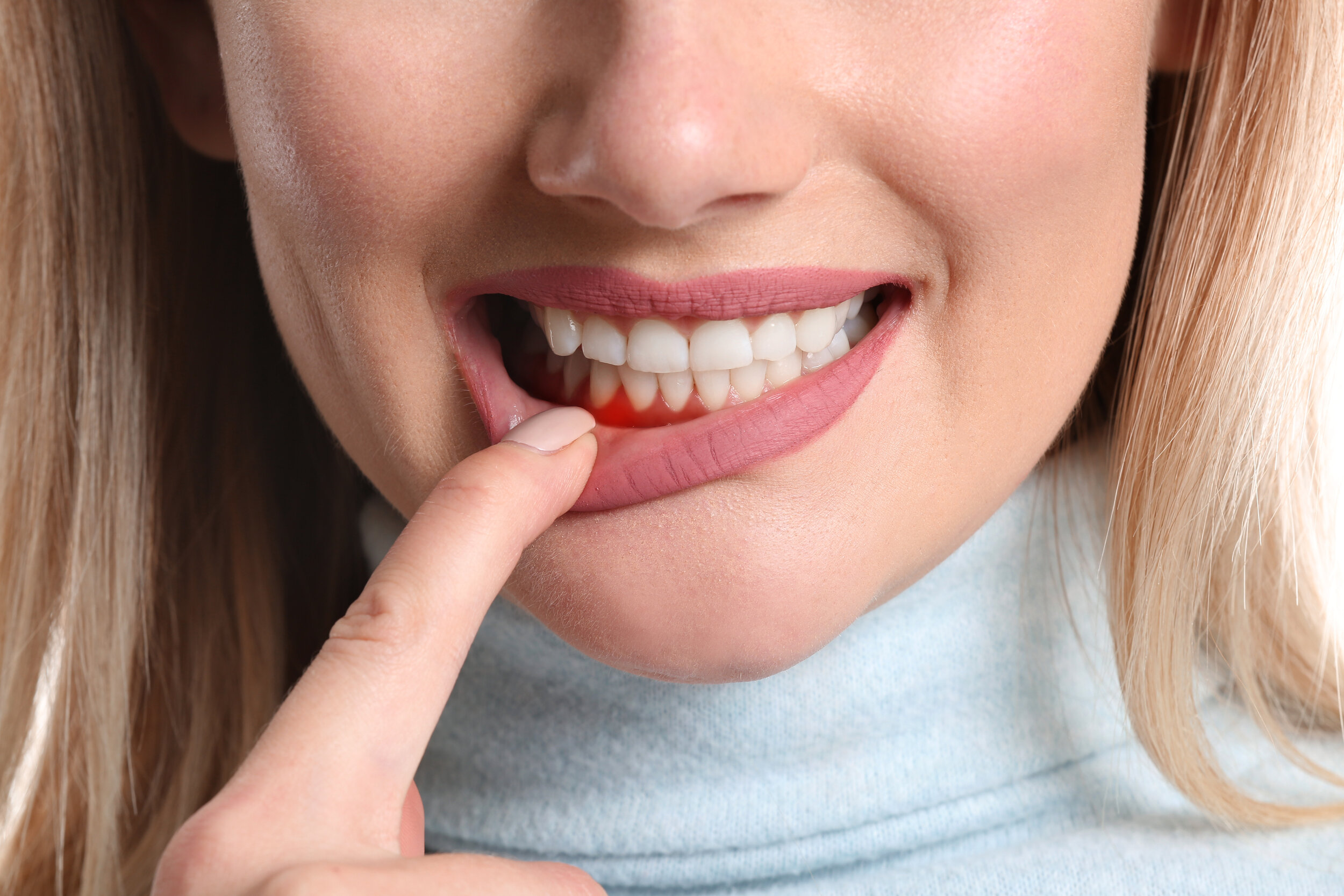5 signs that you might have a dental problem
Getting on top of problems with your teeth and gums early on can be really important to ensure that small developing issues do not turn into big ones. Unfortunately though, there really are no 100% tell-tale signs that you have a dental problem. Although pain and discomfort can suggest that something is not as it should be, they are pretty poorly correlated with problems being present. This is where your friendly dentist comes in and there is really no substitute for a thorough examination with a dentist! We see some pretty significant problems that patients are completely unaware of and we also see some pretty minor conditions that have managed to cause patients a lot of discomfort.
Having said that, there are some key indicators that things may not be all going smoothly in your mouth. We take a look at 5 common things to watch out for that might indicate you have a dental problem:
Sensitivity to cold
Sensitivity to cold is one of the more common complaints that we see and often represents fluid getting into contact with the dentine of a tooth (see diagram). This can vary in intensity and can be caused by:
decay
a crack in a tooth
gum recession - occurs when the gum drops away from the outside of a tooth and exposes the root dentine
The other major cause of pain to cold is inflammation in the pulp (interior) of a tooth. This can indicate the presence of a root canal problem and can be either reversible or irreversible. This can occur in teeth that have had extensive treatment or damage in the past and may require the pulp to be removed as part of root canal treatment.
Pain to biting
A short, sharp pain when biting will often represent a crack in a tooth which will usually require treatment. Depending on the nature of a crack, these can be simple or complex to deal with. Cracks can be difficult to see and can be a challenge to diagnose - even for your dentist! Sometimes the only way a dentist will be led to find a crack in a tooth will be based on a patient having noticed this pain, so letting your dentist know can be really important. Significant cracks are more common teeth that have had fillings or other treatment in the past.
Other causes of pain to biting can include root canal infections or gum infections, but there are also a wide range of less common causes.
Food trapping
Food getting stuck in between teeth can be a sign that something has changed, such as a broken tooth, a dislodged filling or some decay. This may particularly be the case where food trapping has started all of a sudden. It is important that this is not ignored as consistent food lodging in an area can lead to decay progressing rapidly or to other problems.
Bleeding gums
Having gums that bleed when brushing or flossing is a sign of gum disease, which can otherwise be a silent and insidious process. Plaque building up on teeth causes inflammation of the gums. Persistence of this inflammation can lead to loss of the bone that surrounds teeth and holds them in place, a process known as periodontitis.
Periodontitis is usually painless but is largely irreversible and is best prevented against where possible. It can lead to teeth getting loose or being lost over time. Treatment involves removal of ‘hard’ plaque (tartar) at the dentist as well as removal of ‘soft’ plaque that builds up on teeth on a daily basis.
Bad breath
The most common cause of bad breath (halitosis) is gum disease, where bacteria in plaque around the teeth produce an unpleasant smell. Thorough removal of this plaque will usually result in the removal of the bad breath. Having said this, gum disease does not always result in halitosis and is often a ‘silent’ process.
Equally, halitosis can be present even when gum disease is not. In these cases, bad breath can be caused by an imbalance of bacteria elsewhere in the mouth, which is not necessarily harmful and can be relatively simple to treat. Bad breath can also reflect a digestive or gastrointestinal problem. Treatment for halitosis largely depends on accurately diagnosing the cause and considering the vast majority of causes are related to the mouth, consulting a dentist is usually the logical place to start.
Although the above are some common issues that we see in patients, it is important to keep in mind that many of the dental problems we see have caused no symptoms at all. Quite simply, there is no substitute for having regular check-ups with a dentist to keep your mouth healthy as well as feeling great!
Further questions? Feel free to CONTACT US at Dentists of Alphington or to make an appointment online using the button below.
Dr Aaron Martin is a registered dentist and principal dentist at Dentists of Alphington. Information in this article is intended to be general in nature and we encourage all patients to seek personalized advice for their situation.





